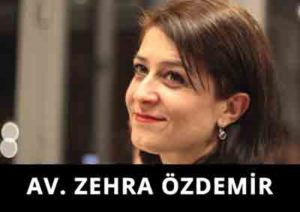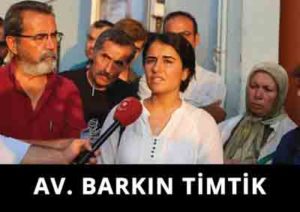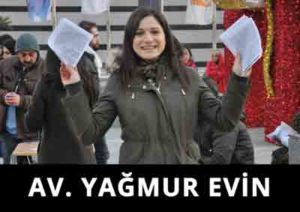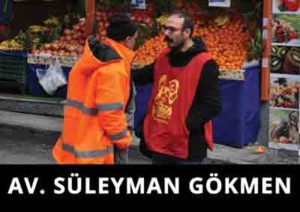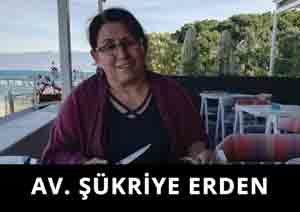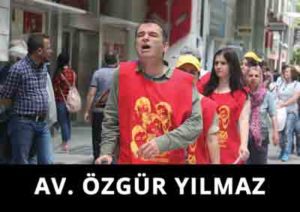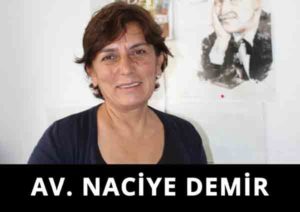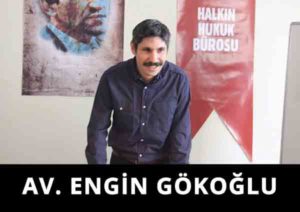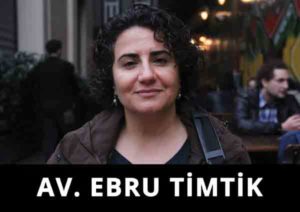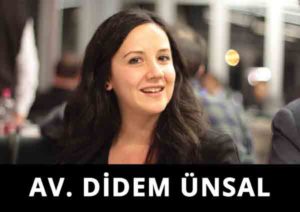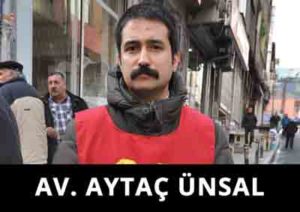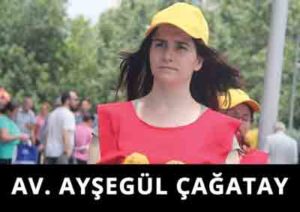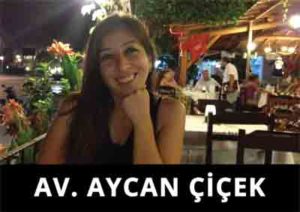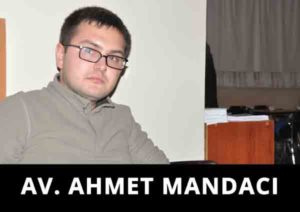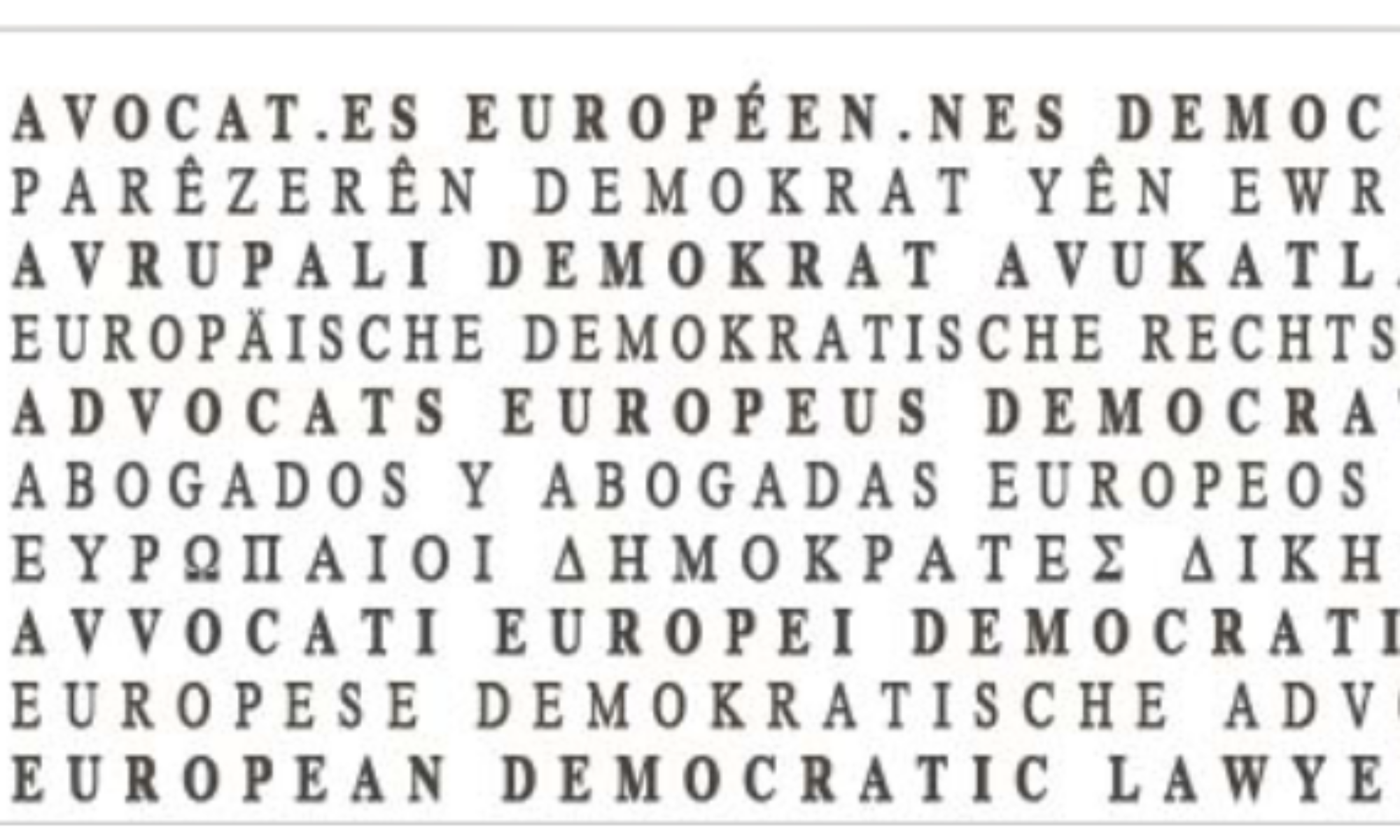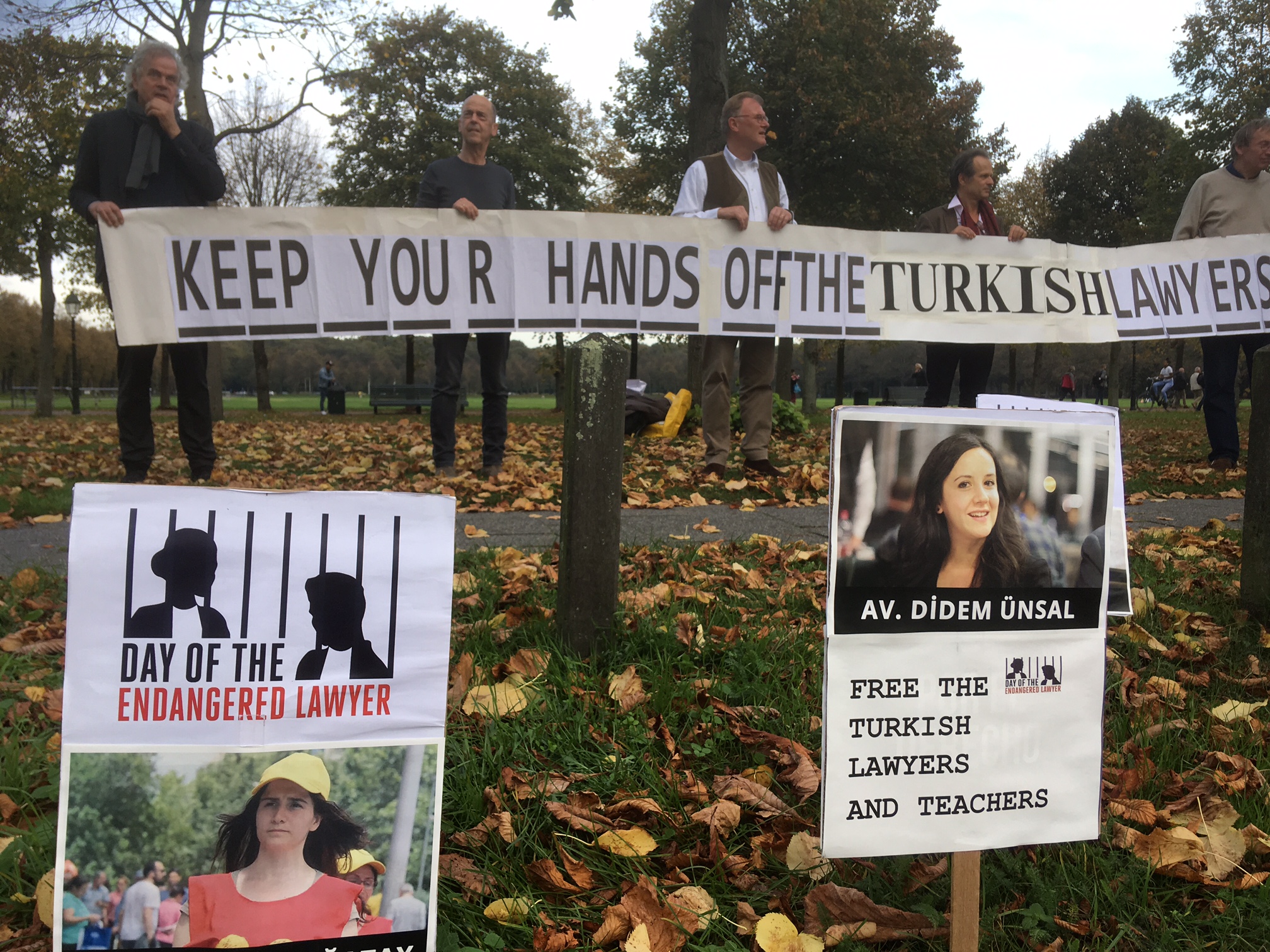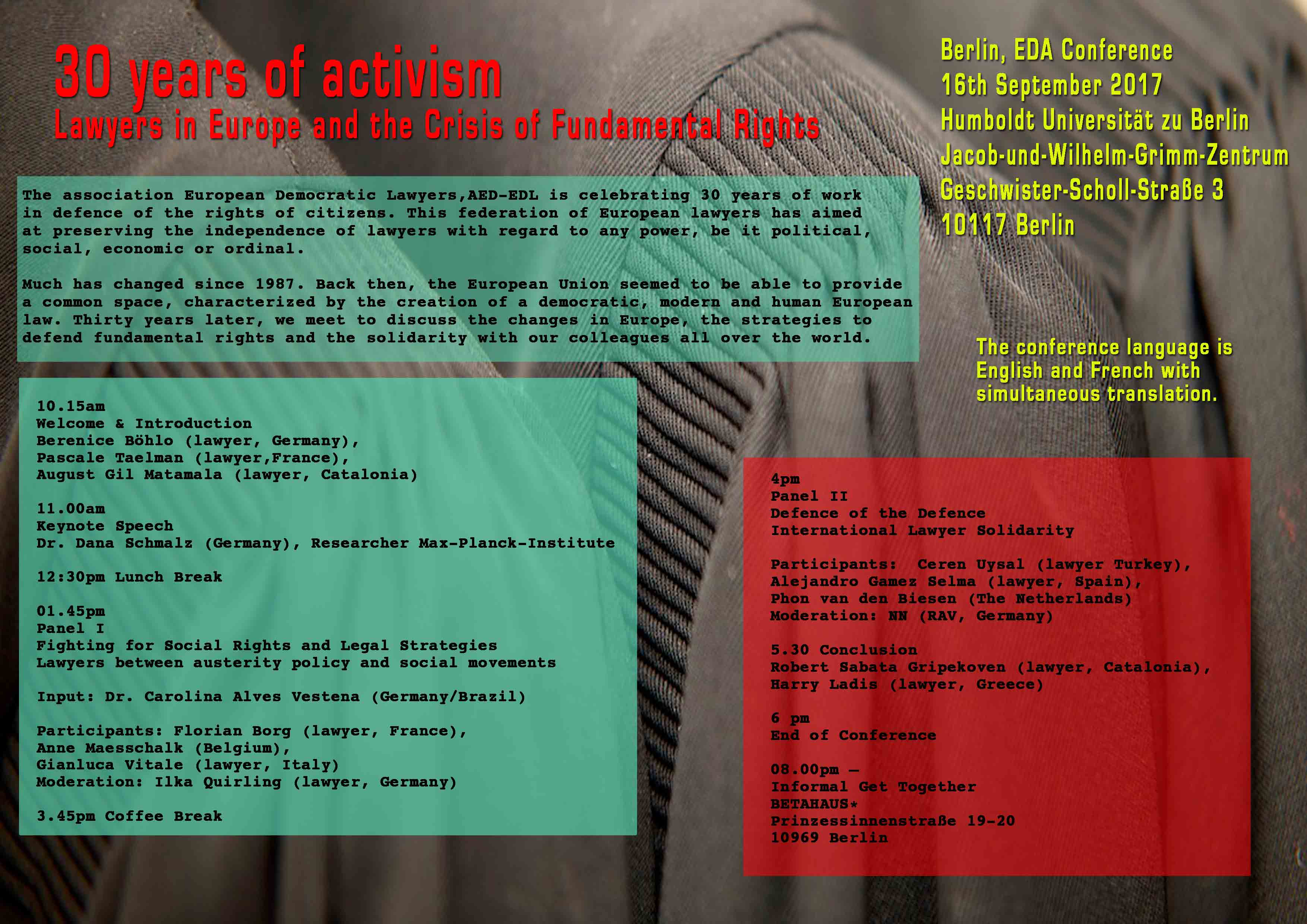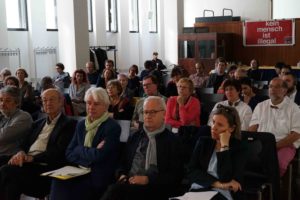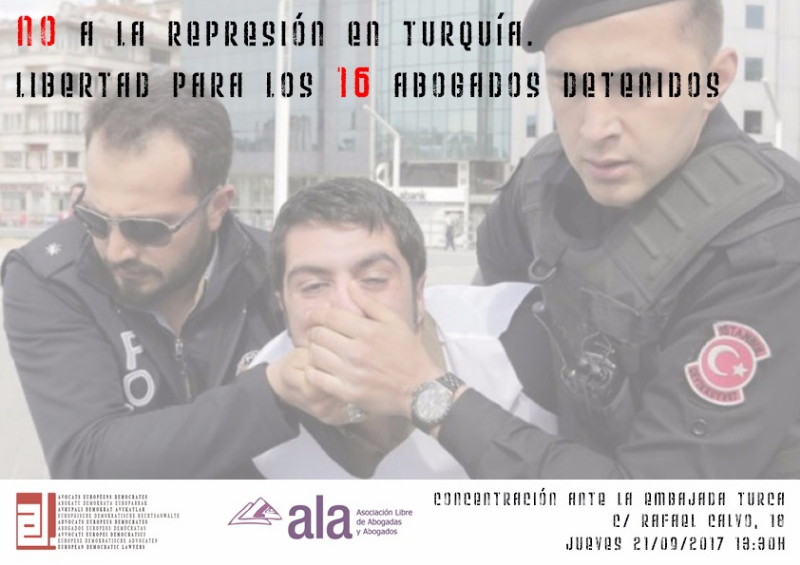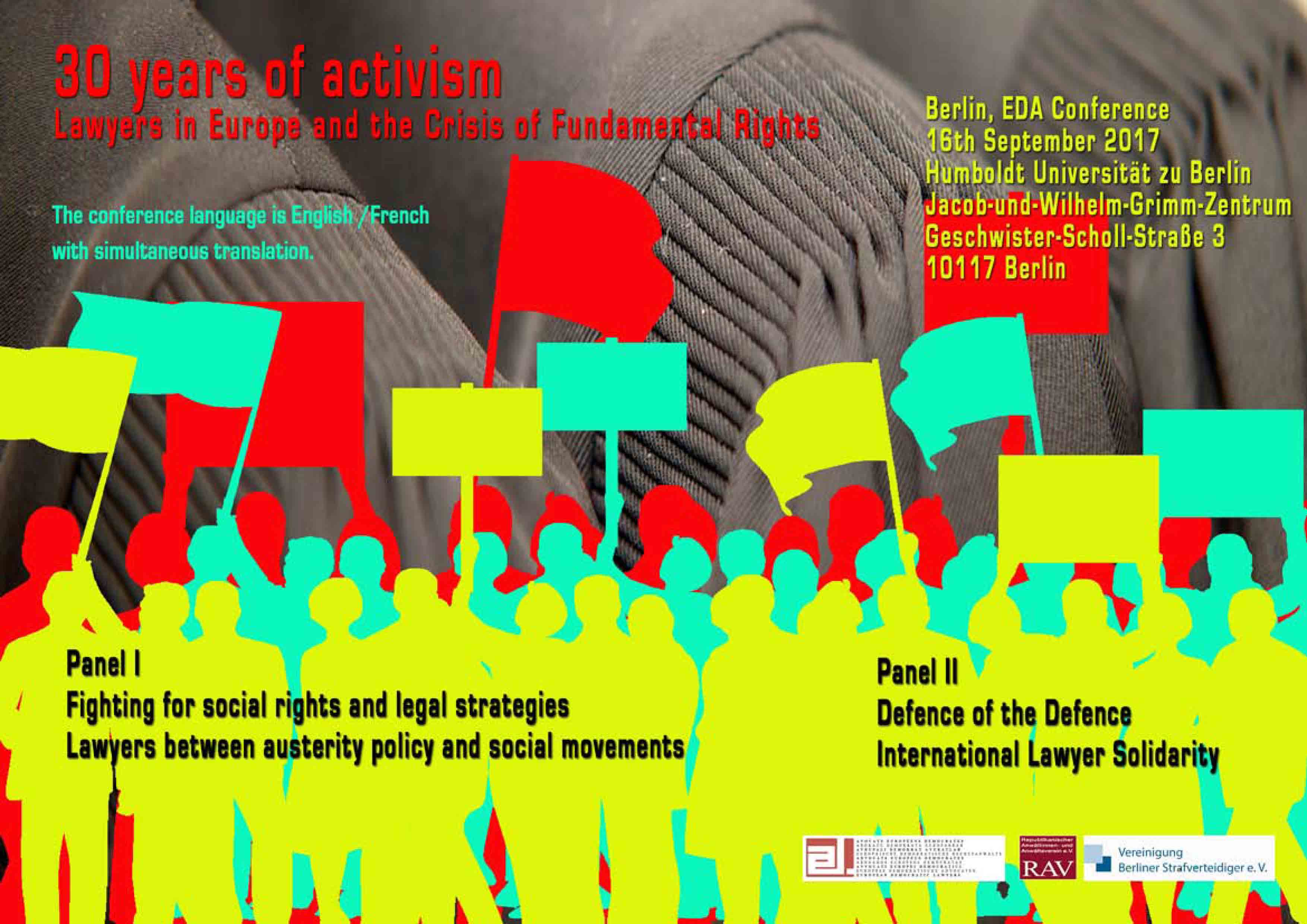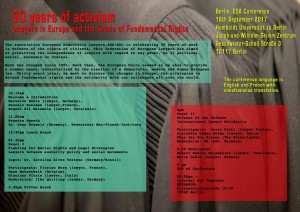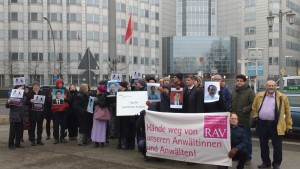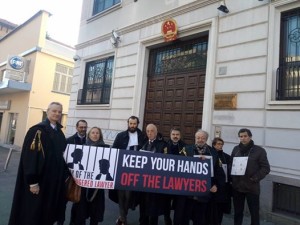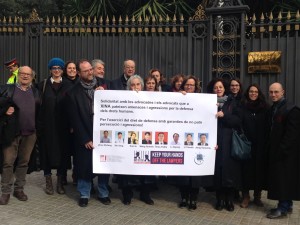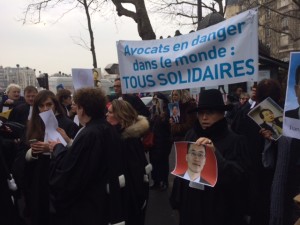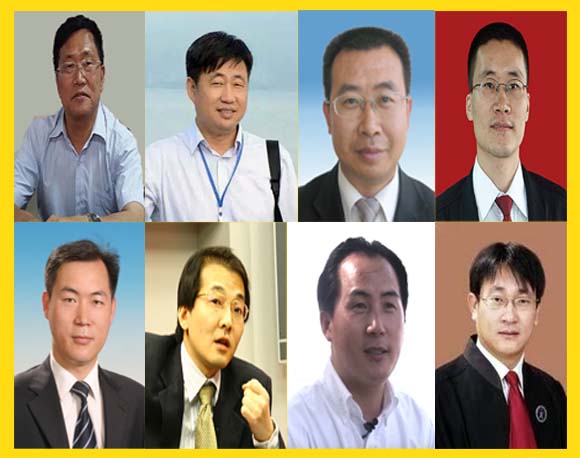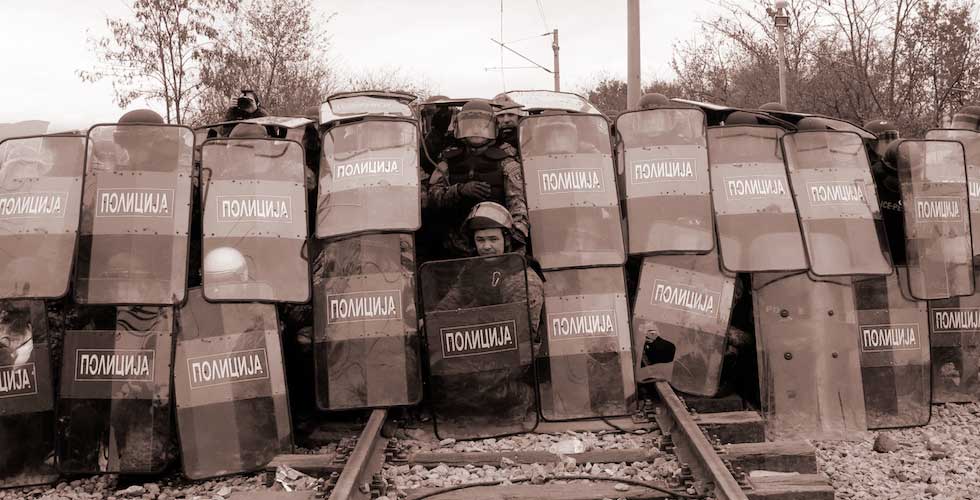Nach dem Putschversuch im Juli 2016 wurde in der Türkei der Ausnahmezustand ausgerufen. Zehntausende Beamte, darunter Richter und Staatsanwälte, wurden entlassen. Zwischen 80.000 und 90.000 Menschen wurden festgenommen. Die Haftbedingungen verletzen internationale Standards. In der Folge wurden auch die in der Türkei begangenen Menschenrechtsverletzungen gegen Rechtsanwälte international thematisiert. In der Türkei selbst ist das Thema jedoch nicht neu.
Die Unzulänglichkeiten der Justiz, die Antiterrorgesetze, die Situation türkischer Rechtsanwälte und die damit einhergehenden Einschränkungen der Verteidigungsrechte stellen seit jeher Probleme dar. Auch vor dem Putschversuch waren türkische Rechtsanwälte bereits das Ziel staatlicher Repression.
Staatliche Repression gegen Anwälte
Die erste großangelegte Polizeioperation der AKP-Regierung gegen Anwälte richtete sich im Jahr 2011 gegen die Verteidiger des PKK-Vorsitzenden Abdullah Öcalan. 45 kurdische Rechtsanwälte wurden festgenommen und der Mitgliedschaft in der PKK beschuldigt. Die seitens der Staatsanwaltschaft vorgelegten Beweise betreffen einzig die Haftbesuche der Verteidiger bei deren Mandanten Öcalan auf der Gefängnisinsel İmralı. Der Prozess wurde unter der Bezeichnung KCK-Verfahren bekannt.
Im Jänner 2013 kam es zu einer Operation gegen die Anwaltsvereinigung ÇHD (Çağdaş Hukukçular Derneği, deutsch: Progressive Anwaltsvereinigung). Diese besteht – mit einer Unterbrechung während der Militärdiktatur der 1980er Jahre – seit 1974. Ihre mehr als 2.000 Mitglieder sind türkeiweit organisiert. Bekannt wurde die Vereinigung für ihren Einsatz gegen staatliche Repression und ihren Fokus auf die Verteidigung der Grundrechte. Die Durchsuchung der ÇHD-Büros in Ankara und Istanbul erfolgte ohne gerichtliche Genehmigungen. Akten und Korrespondenz mit Mandanten wurden beschlagnahmt, neun Vorstandsmitglieder in Untersuchungshaft genommen, darunter der Vorsitzende der ÇHD, Selçuk Kozağacli. Ihre Haft dauerte zwischen neun und 14 Monaten an.
Zwei Verfahren – viele Gemeinsamkeiten
Das KCK-Verfahren und das ÇHD-Verfahren weisen viele Gemeinsamkeiten auf. Beide sind immer noch in erster Instanz anhängig. In beiden Fällen lautet die Anklage auf “Mitgliedschaft in einer terroristischen Organisation” beziehungsweise auf “Terrorpropaganda”. Die Anklagen beschreiben ausschließlich Tätigkeiten, die international als rechtsanwaltliche Berufsausübung angesehen werden.
Auch ist beiden Fällen gemein, dass sich jene Staatsanwälte, welche die Operationen angeordnet hatten, und jene Polizeibeamten, welche die Razzien geleitet hatten, nun unter dem Vorwurf der Mitgliedschaft in der Terrororganisation FETÖ (Fethullahçı Terör Örgütü, deutsch: Fethullah-Gülen-Terror-Organisation) und der Beweismittelfälschung in Untersuchungshaft befinden.
Vorwurf: Engagierte Verteidigung
Eine Analyse der Anklage im ÇHD-Verfahren zeigt, dass den 22 angeklagten Anwälten im Grunde die engagierte Verteidigung ihrer Mandanten zum Vorwurf gemacht wird. So bezieht sich die Staatsanwaltschaft auf eine statistische Auswertung, wonach etwa die Hälfte aller Festgenommenen gegenüber der Polizei die Aussage verweigere, während die andere Hälfte der Festgenommenen eine Aussage mache. Demgegenüber verweigerten beinahe alle der Mitgliedschaft in der linksgerichteten DHKP/C verdächtigten Festgenommenen, welche durch ÇHD-Anwälte verteidigt würden, bei polizeilichen Vernehmungen die Aussage. Die Anklage zieht daraus den Schluss, dass die ÇHD-Anwälte Befehle der DHKP/C an die Festgenommenen weitergäben und daher Teil der Organisation seien.
Tatsächlich raten ÇHD-Anwälte ihren festgenommenen Mandanten regelmäßig zur Aussageverweigerung, wie dies Verteidiger weltweit tun. Dass dies als Beweis für die Mitgliedschaft in einer Terrororganisation gewertet wird, ist allerdings ein Spezifikum der Türkei. Andere “Beweise” betreffen die Teilnahme von ÇHD-Anwälten an den Beerdigungen ihrer des Terrorismus verdächtigten Mandanten. Zuletzt stützt sich die Anklage auf anonyme Zeugen, wobei diese bisher im Verfahren nicht in Erscheinung getreten sind und eine Überprüfung ihrer Existenz und ihrer angeblichen Aussagen nach dem angewandten Verfahrensrecht unmöglich ist.
Gängige Praxis
Laut Staatsanwaltschaft war der Razzia eine zwei Jahre andauernde verdeckte Ermittlung vorangegangen, in deren Rahmen die Kanzleien, E-Mails und Telefonate der Rechtsanwälte mit ihren Mandanten überwacht worden waren.
Die beschriebenen Vorgänge fanden noch vor der Ausrufung des Ausnahmezustandes statt und können als gängige Praxis der türkischen Behörden im Rahmen der Antiterrorgesetze angesehen werden, welche sowohl gegen türkisches, als auch gegen internationales Recht verstößt. Umso dramatischer ist die Situation nun, nach der drastischen Einschränkung des – zuvor theoretisch bestehenden – Rechtsschutzes der Betroffenen. Aktuell kann von einem fairen Verfahren keine Rede mehr sein.
Historische Anhörung
Der Prozessauftakt im ÇHD-Verfahren fand am 24. Dezember 2013 statt, neun Monate nach den Durchsuchungen der Kanzleien und der Festnahme der Angeklagten. Das damals zuständige Sondergericht war am Stadtrand von Istanbul in einem Hochsicherheitsgefängniskomplex angesiedelt, was den Zugang der Öffentlichkeit und der Angehörigen erschwerte.
Die erste Anhörung dauerte drei Tage und war insofern von historischer Bedeutung, als die 22 angeklagten Anwälte, von welchen sich neun noch immer in Haft befanden, von mehr als 700 türkischen und kurdischen Verteidigern vertreten wurden. Repräsentanten zahlreicher Anwaltskammern waren angereist, um Solidarität mit den Angeklagten zu demonstrieren und das Recht auf effektive Verteidigung geltend zu machen. 50 Rechtsanwälte aus Belgien, Deutschland, Frankreich, dem Vereinigten Königreich, der Schweiz, Italien, den Niederlanden und Österreich verfolgten als Prozessbeobachter mithilfe von Simultandolmetschern den Vortrag der Anklage und die Plädoyers der Angeklagten und ihrer Verteidiger. Ihre Namen wurden zu Protokoll gegeben, um zu verdeutlichen, dass das Verfahren international wahrgenommen wurde.
Delegationen regelmäßig in Istanbul
Seither reisen regelmäßig Delegationen zur weiteren Beobachtung des ÇHD-Verfahrens nach Istanbul. Das anfangs zuständige Sondergericht wurde inzwischen per Gesetz aufgelöst, der Prozess wird vor dem Schweren Strafgericht Istanbul Cağlayan fortgesetzt, wobei auch hier der Vorsitzende bereits einmal ausgetauscht wurde. Die Anträge der Verteidigung, das Verfahren von Beginn an neu durchzuführen, um dem Unmittelbarkeitsprinzip Rechnung zu tragen, wurden abgewiesen. Zwar befinden sich die angeklagten ÇHD-Anwälte nicht mehr in Haft. Eines der neuen Notstandsdekrete erlaubt es aber, sie aufgrund ihrer Eigenschaft als Angeklagte nach dem Terrorgesetz von der Verteidigung in anderen Verfahren nach diesem Gesetz auszuschließen.
Kritiker werden mundtot gemacht
Seit dem Putschversuch am 15. Juli 2016 kam es zu zahlreichen weiteren Festnahmen von Anwälten. Offiziell greift die Regierung hart gegen Putschisten und Terrorismus durch. Tatsächlich scheint sich die Repression eher gegen die Verteidiger kurdischer Politiker und Aktivisten zu richten, ebenso wie gegen die Vertreter von Journalisten, Gewerkschaften und Regierungskritikern. Die Notstandsgesetze sehen eine richterliche Entscheidung erst 30 Tage nach der Festnahme vor, ein Recht auf ein Gespräch mit einem Rechtsanwalt/einer Rechtsanwältin besteht erst nach fünf Tagen, wobei selbst dies nur unter Überwachung möglich ist. Die Festgenommenen sind dadurch Folter und Polizeiwillkür schutzlos ausgeliefert, ein faires Verfahren wird unmöglich.
Das Recht auf ein faires Verfahren ist eines der bedeutungsvollsten Grundrechte; ohne faires Verfahren bleibt die Geltendmachung anderer Grundrechte bloße Theorie. Autoritäre Regierungen streben danach, Kritiker im eigenen Land mundtot zu machen, und versuchen, die internationale öffentliche Meinung zu beeinflussen, um Kritik zu vermeiden und ihren Machtmissbrauch ungestört fortsetzen zu können.
Hohe Bedeutung der Prozessbeobachtung
Der Prozessbeobachtung kommt daher hohe Bedeutung zu. Sie dient der Verteidigung des Rechtsstaates und dem Schutz jener Menschenrechtsverteidiger, die wegen ihres Einsatzes in Gefahr geraten. Mediale Berichterstattung über Gerichtsverfahren ist unverzichtbar, doch Prozessbeobachter können sich selbst ein unmittelbareres Bild von den Fakten machen, ohne auf die Objektivität der Journalisten vertrauen zu müssen (die oft selbst unter Druck stehen).
In der Türkei hat Prozessbeobachtung Tradition. Während der 1990er reisten bereits regelmäßig Journalisten, Politiker und einzelne Rechtsanwälte in die Türkei, um insbesondere Strafverfahren gegen kurdische Politiker und Journalisten beizuwohnen. Anlässlich der Strafverfahren gegen Anwälte wurde diese Tradition fortgesetzt, erfuhr aber eine neue Dimension, da es sich nun um die koordinierte Zusammenarbeit zwischen Menschenrechtsanwälten aus verschiedenen Ländern handelt.
Druck ausüben ist nicht das Ziel
Es ist nicht die Aufgabe der Prozessbeobachter, Druck auf die Gerichte auszuüben oder subjektive Meinungen über ein Verfahren zu veröffentlichen. Ungeachtet der politischen Ansichten der einzelnen Mitglieder der Delegationen bleibt ihre Rolle darauf beschränkt, über die Wahrnehmungen im Gerichtssaal zu berichten, was die Argumente und vorgelegten Beweismittel sowohl der Anklage als auch der Verteidigung betrifft.
Viele Beobachter verfolgten das ÇHD-Verfahren während der letzten drei Jahre. Während dieser Zeit zogen internationale Institutionen und Medien Berichte der Delegationen über die Verhandlungen als Grundlage für die Analyse der Frage heran, ob es sich um ein faires Verfahren handelt.
Fakten ans Licht bringen
Auch auf jene, die sich in der Türkei weiterhin der Durchsetzung von Grundrechten widmen, hat internationale Prozessbeobachtung eine Auswirkung: Wer befürchten muss, festgenommen oder mundtot gemacht zu werden, kann darauf hoffen, dass Beobachter über die Fakten berichten werden.
Wer davon ausgeht, dass die Fakten für sich sprechen, der kann kein Problem mit neutraler Beobachtung und Berichterstattung haben. Dies gilt sowohl für Menschenrechtsverteidiger, als auch für die Regierung. Erdoğans Aussagen anlässlich des Prozesses gegen Cumhuriyet-Chefredakteur Can Dündar stehen dazu in krassem Gegensatz: Er stellte die Legitimität der Prozessbeobachtung in Frage und unterstellte den angereisten Beobachtern pauschal, gegen die Interessen der Türkei zu arbeiten. Dass ein Staatschef derart wenig Respekt für die Grundsätze eines fairen Verfahrens zeigt, mutet befremdlich an. Gleichzeitig belegen diese Aussagen die Bedeutung und Notwendigkeit der Prozessbeobachtung.
Die Erfahrung zeigt, dass Prozessbeobachtung ein wirksames Mittel zum Schutz kritischer Journalisten und Anwälte sein kann. Unter den Notstandsgesetzen mag dies schwieriger werden. Doch die Bedeutung der Arbeit türkischer Menschenrechtsverteidiger geht über die Türkei hinaus und sie bedürfen des Schutzes, den internationale Beobachtung bedeutet, heute mehr denn je. Um zu verhindern, dass sie unsichtbar gemacht werden, und um die Fakten ans Licht zu bringen. (Şerife Ceren Uysal, Clemens Lahner, 23.6.2017)
